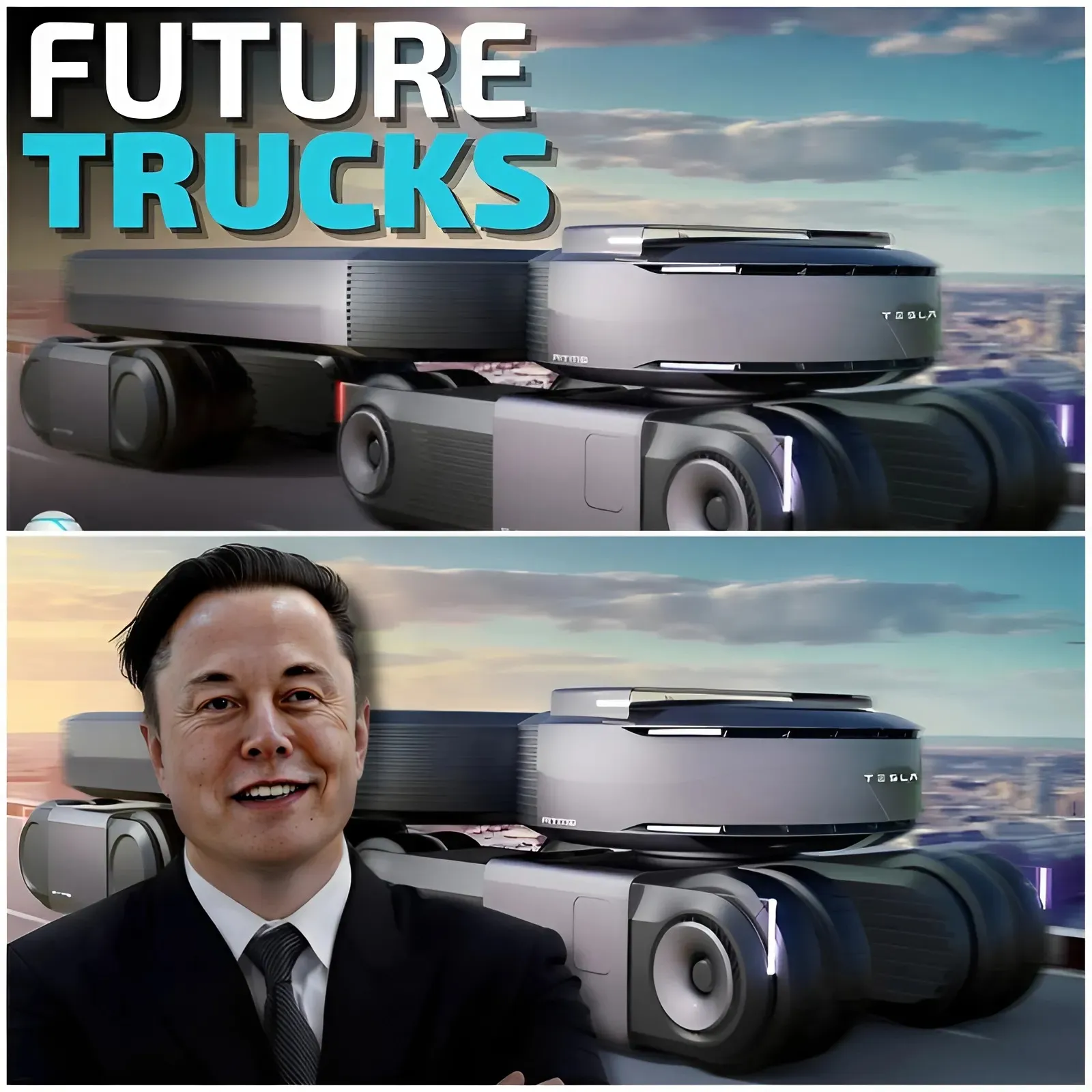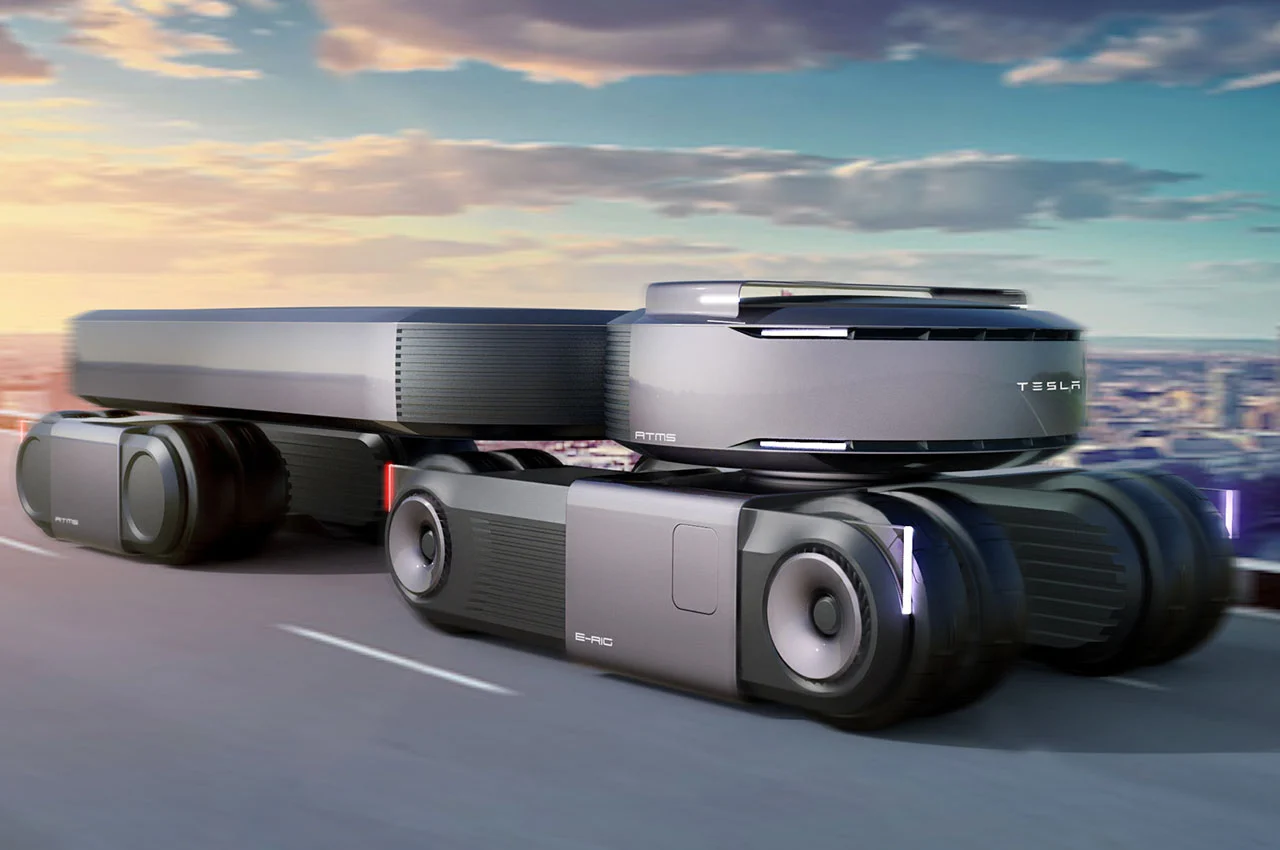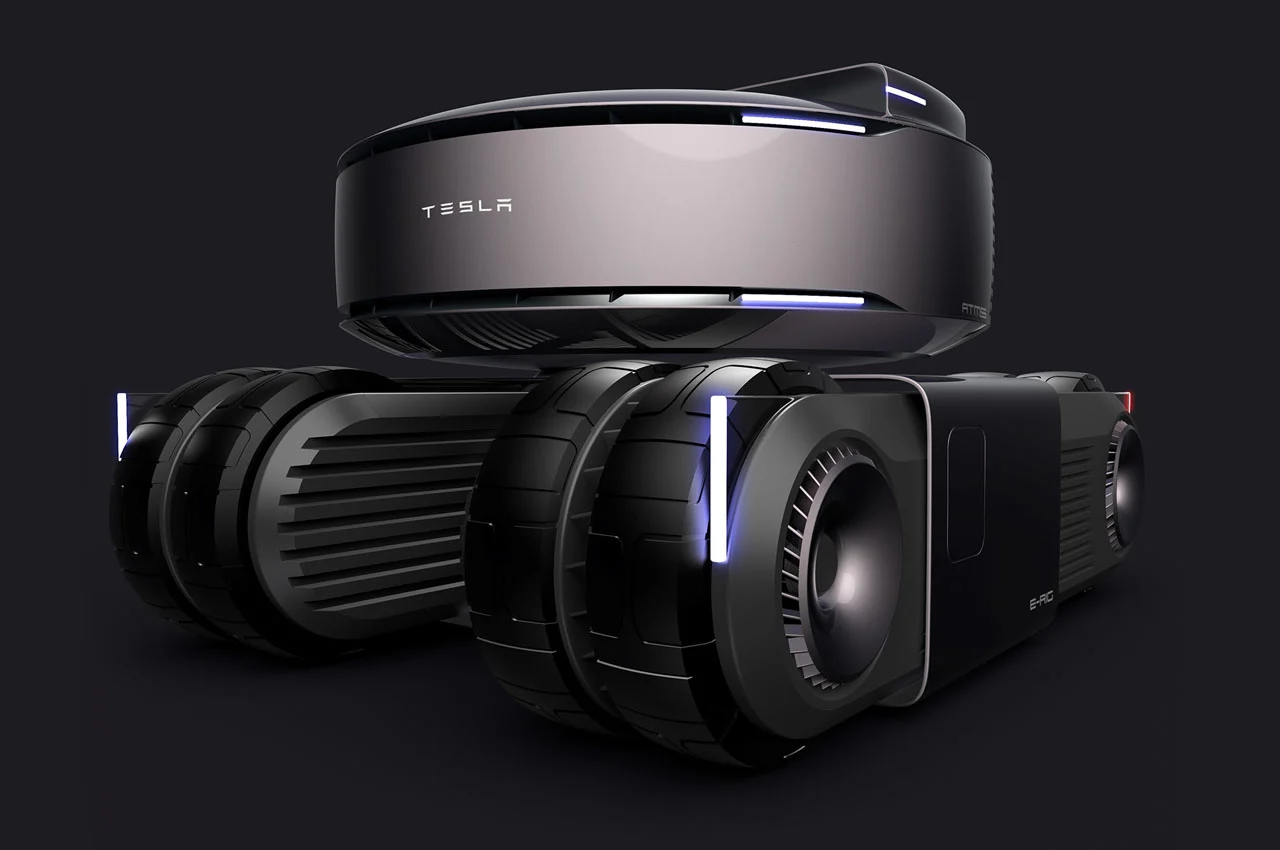Elon Musk’s impact on the tech industry is undeniable. Through Tesla, he has redefined the way the world perceives electric vehicles, autonomous driving, and sustainable energy solutions. While many companies struggle to keep up with rapidly evolving technology, Tesla, under Musk’s leadership, has consistently stayed ahead of the curve, proving time and again that it is not just an automaker but a revolutionary force in innovation.
When Tesla first entered the automotive market, few believed that electric vehicles could compete with traditional gas-powered cars. However, Musk’s relentless pursuit of innovation changed that perception. The introduction of the Model S, Model 3, and later, the Model X and Model Y, demonstrated that EVs could be not only practical but also stylish, high-performing, and desirable. With industry-leading battery technology, Tesla’s vehicles have outpaced competitors in terms of range, charging efficiency, and performance.

One of the defining aspects of Tesla’s success is its ability to integrate software and artificial intelligence into its vehicles seamlessly. Features such as Autopilot and Full Self-Driving (FSD) capabilities have positioned Tesla as a leader in autonomous driving technology. While regulatory hurdles remain, Tesla’s advancements in AI-driven vehicle automation continue to push boundaries. Unlike traditional automakers that rely on third-party suppliers for software updates, Tesla operates more like a tech company, delivering over-the-air updates that constantly improve vehicle performance and safety.
Beyond automobiles, Tesla has extended its reach into energy solutions. The development of the Tesla Powerwall and Solar Roof exemplifies Musk’s vision of a sustainable future. By providing efficient solar energy solutions for homes and businesses, Tesla is not only reducing dependency on fossil fuels but also offering consumers a way to generate and store renewable energy. These innovations align with Musk’s larger goal of creating a sustainable energy ecosystem that benefits both individuals and the planet.

Tesla’s Gigafactories, strategically built across the world, serve as another testament to Musk’s forward-thinking approach. By controlling production and battery manufacturing in-house, Tesla has maintained an advantage in scaling up production and meeting global demand. While competitors struggle with supply chain disruptions, Tesla’s vertical integration has enabled it to navigate challenges more effectively.
Musk’s unconventional leadership style and bold decision-making have played a significant role in Tesla’s rise. Whether it’s announcing new products via Twitter, taking risks that traditional CEOs would shy away from, or making controversial statements, Musk’s presence is a driving force behind Tesla’s brand identity. His willingness to innovate and disrupt industries has not only propelled Tesla forward but has also forced legacy automakers to accelerate their own EV strategies.

Critics argue that Tesla’s dominance may not last forever, with more automakers entering the EV space. However, Tesla’s established infrastructure, battery technology, and data-driven approach to vehicle development provide a significant competitive edge. While others are still trying to catch up, Tesla continues to innovate, pushing the boundaries of what is possible in the transportation and energy sectors.
Elon Musk has turned Tesla into more than just a car company. It is a symbol of technological progress, a beacon of sustainability, and a disruptor in industries that once seemed resistant to change. As competitors struggle to match its pace, Tesla remains at the forefront of the EV revolution, proving that in the world of technology and innovation, no one can keep up with Musk’s vision.





